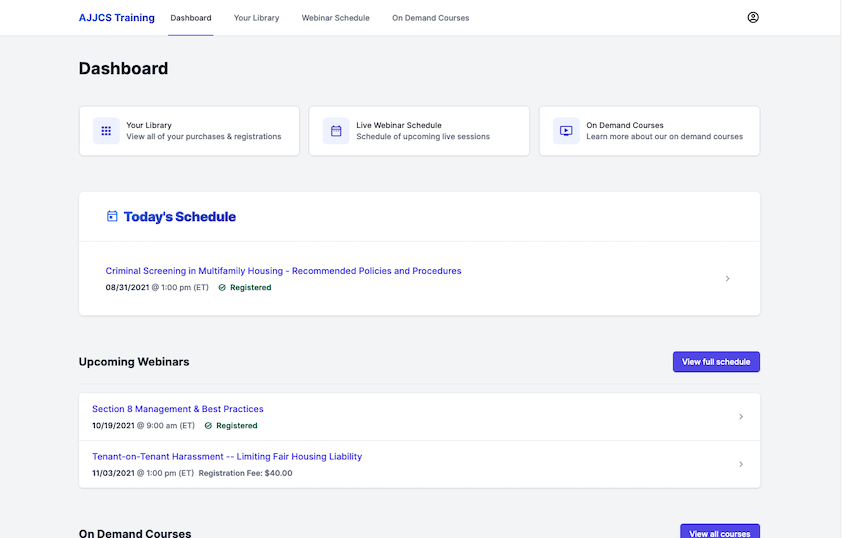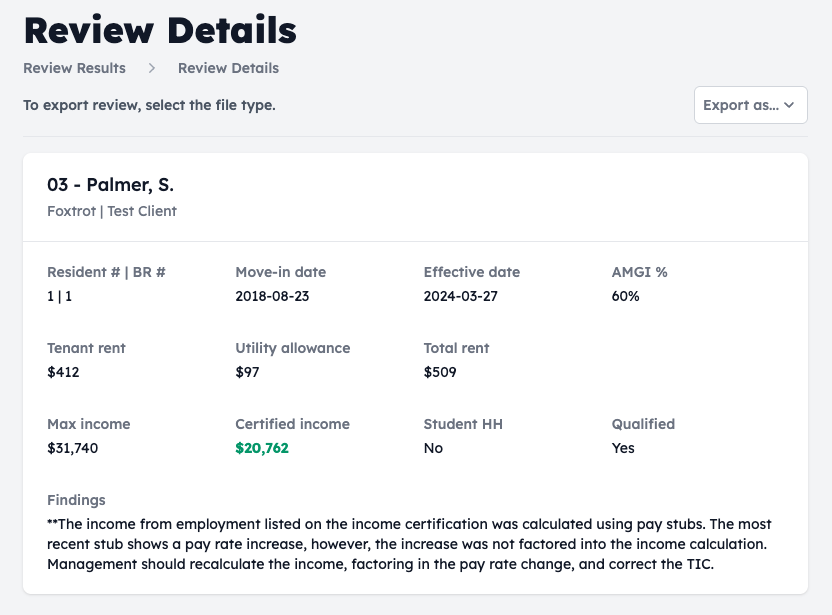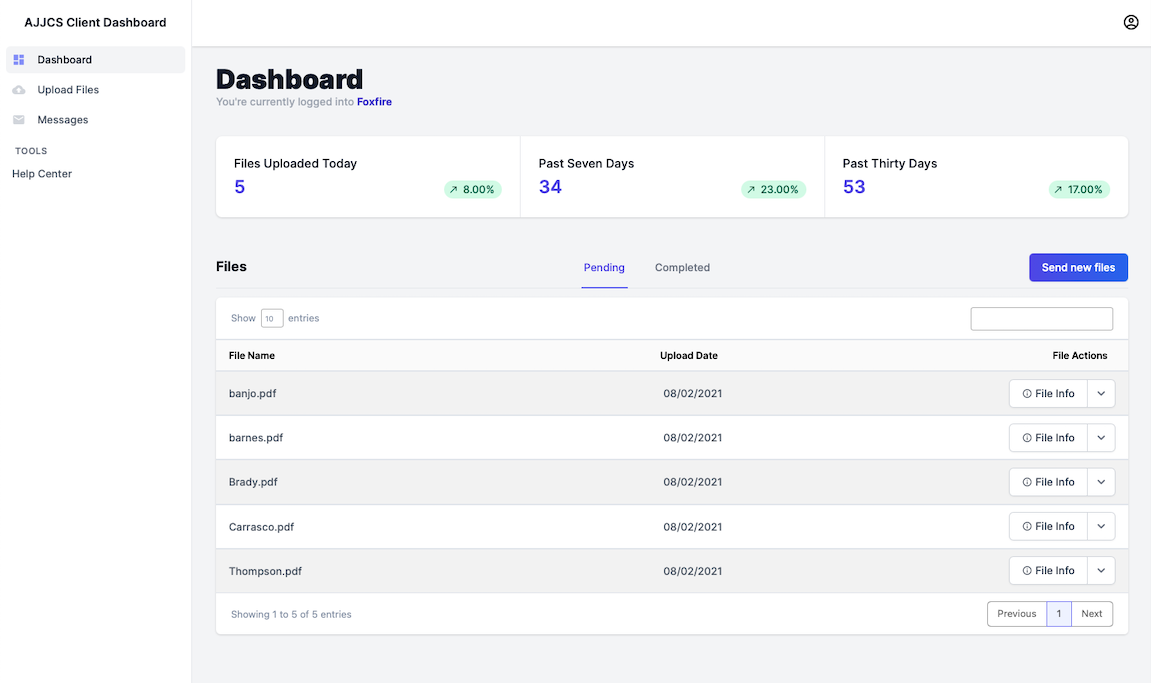Expert Services
Comprehensive Compliance Solutions

Staff Training
Empower Your Team
Comprehensive training programs designed to equip your staff with the knowledge and skills needed to maintain compliance and operate efficiently.

File Reviews
Detailed Compliance Audits
Thorough review of resident files and property documentation to ensure compliance with program requirements and identify areas for improvement.

Compliance Monitoring
Expert Oversight & Documentation
Comprehensive monitoring services ensuring your properties maintain compliance with LIHTC, HOME, and other program requirements through detailed inspections and documentation.